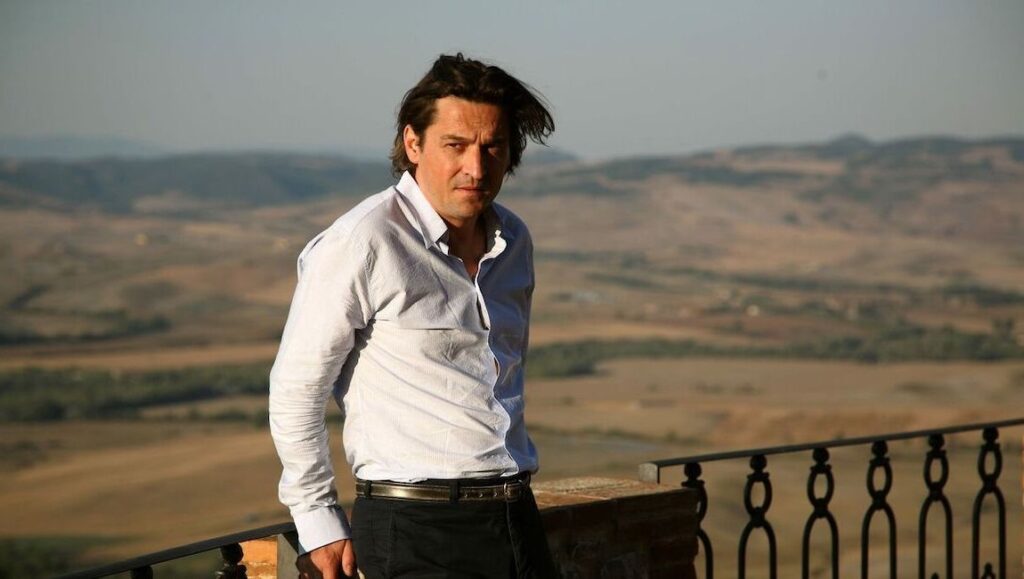Mia Hansen-Løve wears many creative hats; actress, film critic, screenwriter, and director. After starring in two of fiancé Oliver Assayas’s films in her late teens, she began contributing to the iconic French film magazine Cahiers du Cinema. Now at the tender age of 29, Hansen-Løve directs feature films, and her sophomore effort, The Father of My Children, represents the arrival of a fascinating auteur. Organically blending tones with the rhythms of everyday life, The Father of My Children owes a great deal to the lush realism of Assayas’s Summer Hours. But Hansen-Løve’s film — the story of a modern Parisian family dealing with a sudden death — is uniquely sad, a textural mosaic of disappointment, silence, and healing. The film beautifully illuminates the quiet transitional moments defining the grieving process, finding redemptive sublimity in tragedy, and illuminating all the layers in between.
The film begins with the daily routine of Gregoire Canvel (Louis-Do de Lencquesaing), an influential yet fledgling movie producer balancing endless business calls, devoted employees, and tiresome talent. Gregoire’s suave movement through public and personal spaces personifies a strong POV, a self-made man carrying the weight of many worlds on his back. Gregoire’s wife, Sylvia (Chiara Caelli), and three daughters await his arrival at their weekend country house, and after a brief incident with the police, the patriarch arrives to an annoyed but excited family unit. Oldest daughter Clemence (Alice de Lencquesaing) stands out as a dynamic force, a potent presence on the cusp of adulthood but still constrained to the expectations of youth. Hansen-Løve packages a busy first act, introducing relationships, responsibilities, and regrets, all while expanding the depth of each major character.
But The Father of My Children is indeed a film of two halves, split during a violent act of personal attrition midway through the story. This tonal dichotomy allows Hansen-Løve to mine deep emotional territory, visually reminding the characters of the fleeting joy during those early moments, now suddenly hollowed out by gripping change. Without giving anything away, these characters are pushed adrift into an ocean of uncertainty, each dealing with the loss in their own way. Hansen-Løve fragments the family literally and figuratively, but reconnects them through a focus on temporality, allowing time to heal wounds of all kinds. But the film is void of false sentiment, most notably as the camera holds on moments leading up to fits of emotion instead of highlighting the inherent melodrama. It’s this patience for human drama that makes The Father of My Children so invigorating and surprising.
Hansen-Løve gleans honest performances from each actor, situating them as equal parts of an evolving family tree that must confront the finality of this sudden shift. Much like Summer Hours, there’s a distinct feeling that by the end of The Father of My Children there’s hope for the future. But where Assayas’s masterpiece measures a certain improvisational mood springing from the greenery of his characters’ elaborate retreat, Hansen-Løve imagines a much more somber realization of loss without the crutch of lyrical tangents. For this renaissance filmmaker, joyful memories of the past seamlessly merge with forlorn doubts about the future. But time moves on, and no matter how tragic the circumstances, people do as well.


Comments are closed.